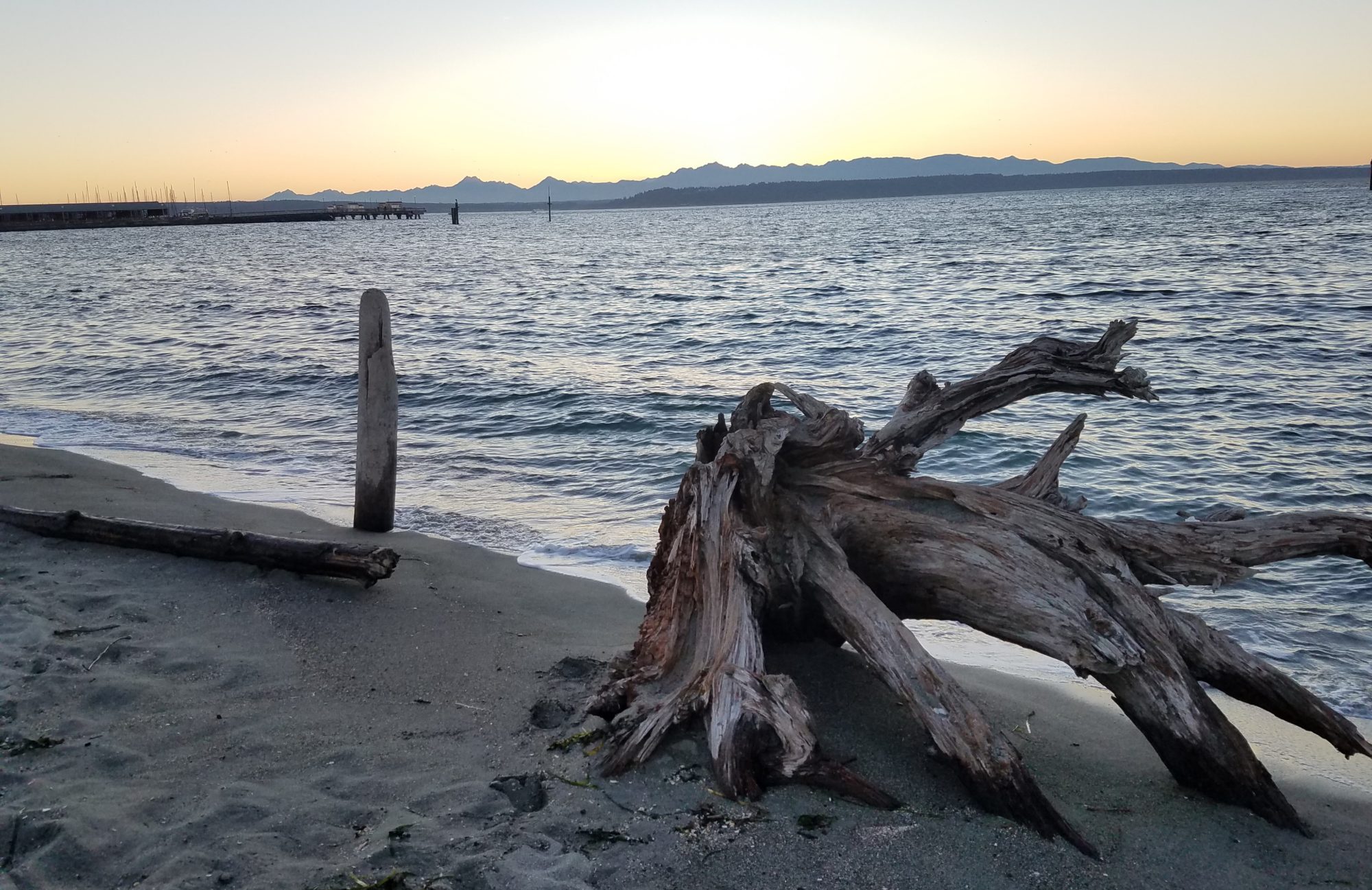Dear friends,
I will be traveling for the next couple of weeks so there may be no postings or at least fewer.
This is a truly wonderful and moving article by one of our wise Sufi Sheiks (Click on the title/link to go to the full article).
Living the Moment of Love, by Llewellyn Vaughan-Lee
Some excerpts:
“Spiritual practices—meditation, mindfulness—can help give us access to these moments [of blissful connection to the All]. But is it enough just to live them in their innocence, or do we need to bring an awareness of the changing story that surrounds them, a story of the Earth abused and exploited, species depleted, waters made toxic? And how can we reconcile the wonder of the moment with our responsibility and love for the Earth that gives us these moments? What does it really mean to live in the now?”
“Passing from innocence to experience, awareness of the moment has many ingredients. If we listen carefully it carries the stories of the present time, of what is being destroyed, abandoned, desecrated. As much as we respond to the joy of a newborn baby, it is important that we are also aware of the colors that are beginning to fade, of an interior music that is becoming fainter and fainter. We are here to hear the stories of the Earth, of the life that is around us—not as children without responsibility, but bearing part of the burden for what is happening. Each in our own way we recognize and respond to what is changing.”
“How we live this destiny depends upon how we live the intersection of change and the changeless, the eternal and the transitory. This is where the two seas meet, where the Divine and human intersect. It is here that the destiny of the soul is fully realized, and here where we are also awake to the world soul, the anima mundi, and its sacred nature. Here our hearts can hear the real need of the time, and open to the story of love that is life’s greatest secret. Science may tell us that our world is made of atoms, particles, and electrons, but there is a deeper wisdom that knows that the world is created out of love. As human beings we have the capacity to fully live this mystery of love, and so participate in the healing and transformation of the Earth.”
“With an open heart we can see and sense the sacred nature of all of life. We can return reverence to the multiplicity of creation, and to its “interbeing.” Love and the sacred nature of creation belong together: they are crucial to life’s well-being. And in each moment we can live this power of love; with all our senses we can be awake to what is sacred. Here we step into the arena of real service, service to life and love, with our hands and hearts. Life will speak to us as it spoke to our ancestors, and if we listen attentively it will tell us how to help in its time of need. This is when the moment becomes fully alive and prayer and action are bonded together.”
